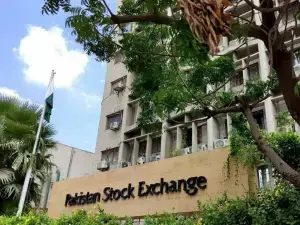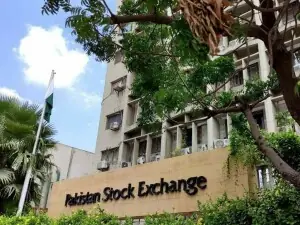A new Hollywood movie is set to recharge debate on whether the world should spend big money to prevent the catastrophes some fear global warming could bring.
At issue is how much - or whether - it is worth paying for a global insurance policy against feared desertification, storms, rising sea levels and species extinction's by forcing a shift from the fossil fuels blamed for warming the globe.
While apocalyptic visions such as the one portrayed by the "The Day After Tomorrow" may be alarmist, some say there is no time to lose.
"There will be a big payback in the long run from acting now to slow climate change," said Robert Corell, chairman of an eight-nation study showing a thaw of the Arctic is already threatening the Inuits and wildlife from polar bears to whales.
"Many people don't see it that way because they have a very short-term agenda: 'I want to be elected next term, I want to make my money in the next five years'," he said.
Others believe climate change fears are exaggerated and see scant benefit in spending vast sums on measures to cut greenhouse gas emissions such as those set out in the UN's Kyoto Protocol.
Bjorn Lomborg, Danish author of "The Sceptical Environmentalist", said the world could spend cash more wisely on piping drinking water in poor nations, for instance, than on choking off emissions from cars and factories. "The world is probably talking of spending $50-$150 billion a year on Kyoto," he said. "It will do fairly little good 100 years from now." He says climate change fears are exaggerated.
Russia made a surprise move last week by signalling it would salvage the Kyoto pact which would collapse without Moscow's backing after Washington pulled out, saying it was too costly.
BR100
16,307
Increased By
236.2 (1.47%)
BR30
51,537
Increased By
1163.4 (2.31%)
KSE100
157,953
Increased By
1775.7 (1.14%)
KSE30
48,199
Increased By
520.5 (1.09%)






















Comments
Comments are closed.